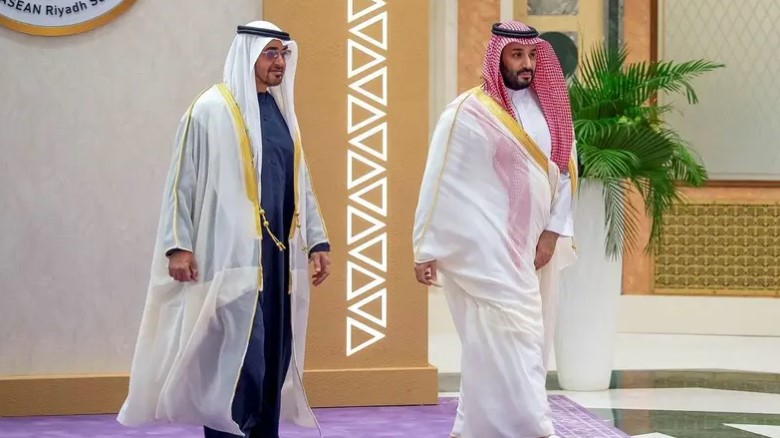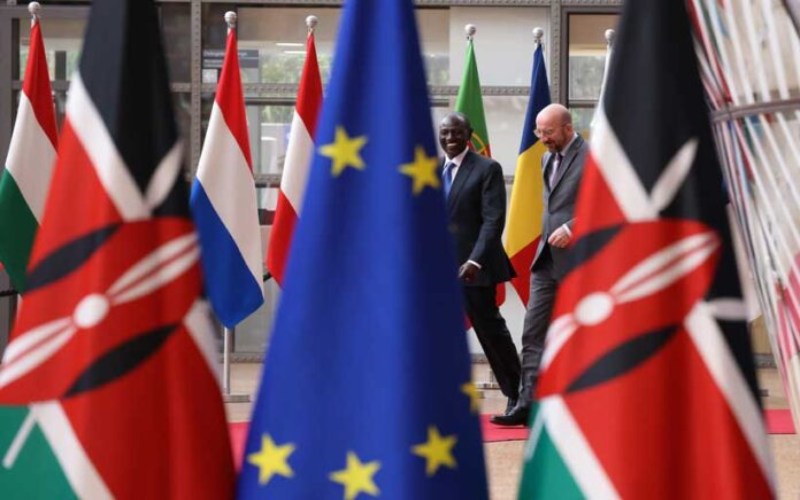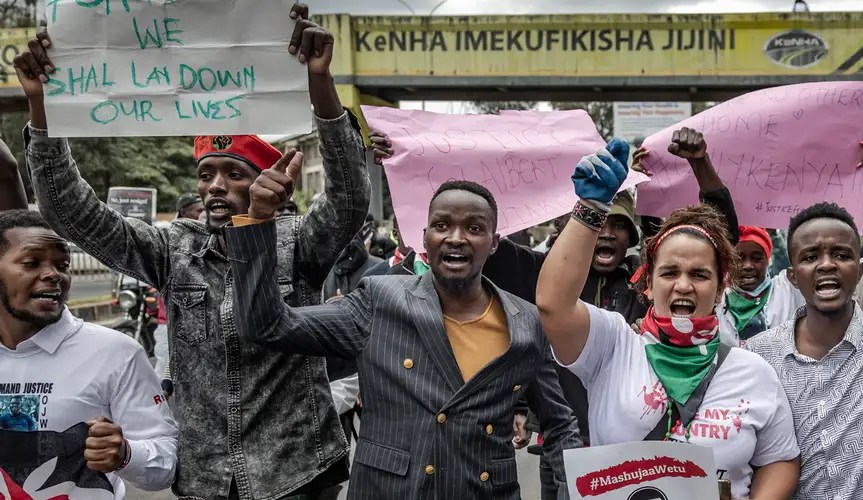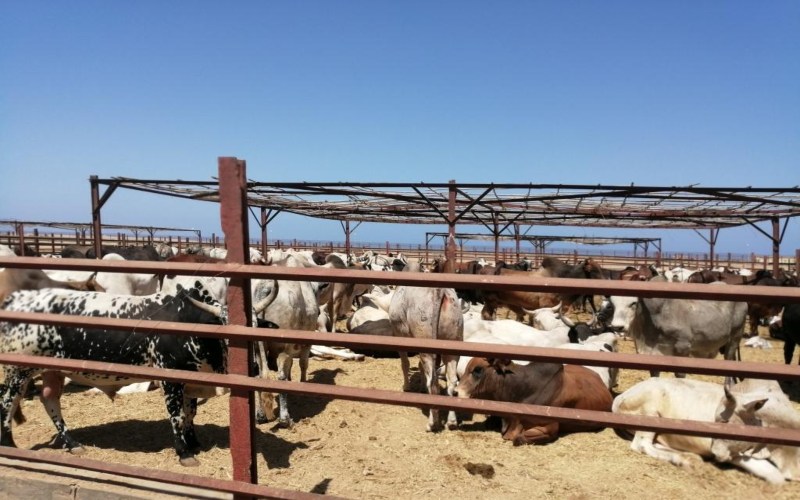UAE President, Saudi Crown Prince discuss Middle East stability, Two-State solution

The meeting emphasised the growing consensus among Gulf states on the importance of a balanced approach to resolving the conflict.
UAE President Mohamed bin Zayed Al Nahyan and Saudi Crown Prince Mohammed bin Salman on Sunday held talks in the UAE city of Al Ain, focusing on the critical issues affecting the Middle East and the pursuit of regional stability.
A central theme of their discussions was the need for a "two-state solution" as a foundation for lasting peace in the Israeli-Palestinian conflict according to The Saudi Press Agency.
More To Read
- Rights group calls for nationwide Sudan arms ban amid deadly attacks
- Sudan’s RSF declares three-month ceasefire amid backlash over civilian attacks
- UAE, US top diplomats discuss Sudan ceasefire efforts
- UAE gold imports from Sudan surge despite civil war, Swissaid report reveals
- Jeremy Corbyn urges UK to halt arms sales to UAE over Sudan atrocities
- Etihad Airways to resume direct Abu Dhabi–Zanzibar flights in June 2026
The meeting emphasised the growing consensus among Gulf states on the importance of a balanced approach to resolving the conflict. Both leaders emphasized that achieving peace through a two-state solution is essential for the region's long-term security and prosperity.
It is understood that the leaders discussed not only the Israeli-Palestinian conflict but also broader regional matters, including the strengthening of their bilateral relations and strategic partnerships.
In a statement from the UAE's official news agency, Emirates News, the two leaders also addressed the growing importance of joint Gulf cooperation to maintain stability in the region. Al Nahyan and Bin Salman stressed "the importance of pursuing a just, comprehensive, and lasting peace based on a two-state solution, ensuring stability and security for all."
They discussed several key opportunities for collaboration between the UAE and Saudi Arabia, particularly in areas of economic and security cooperation. They also stressed "the importance of concerted efforts to maintain regional stability and spare the region the consequences of new crises that threaten its security and stability," it added.
The leaders also reaffirmed their commitment to enhancing collective Arab action in light of the ongoing challenges faced by the region. The meeting included a review of recent regional and international developments, with a focus on promoting peace and security.
The two leaders also called for a comprehensive and lasting peace agreement between Israel and Gaza based on the principles of a two-state solution, which they deemed crucial for long-term peace in the region.
Their discussions reflect a shared vision for a more stable and secure Middle East, with an emphasis on dialogue and diplomatic solutions to ongoing conflicts.
Top Stories Today












































